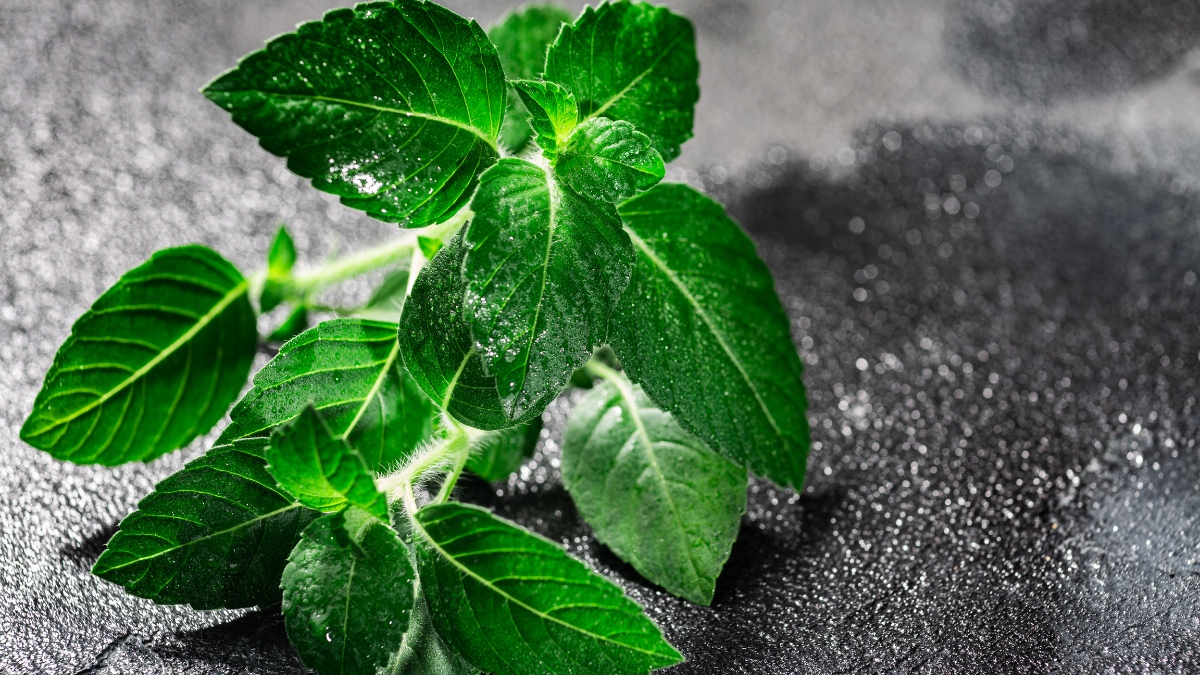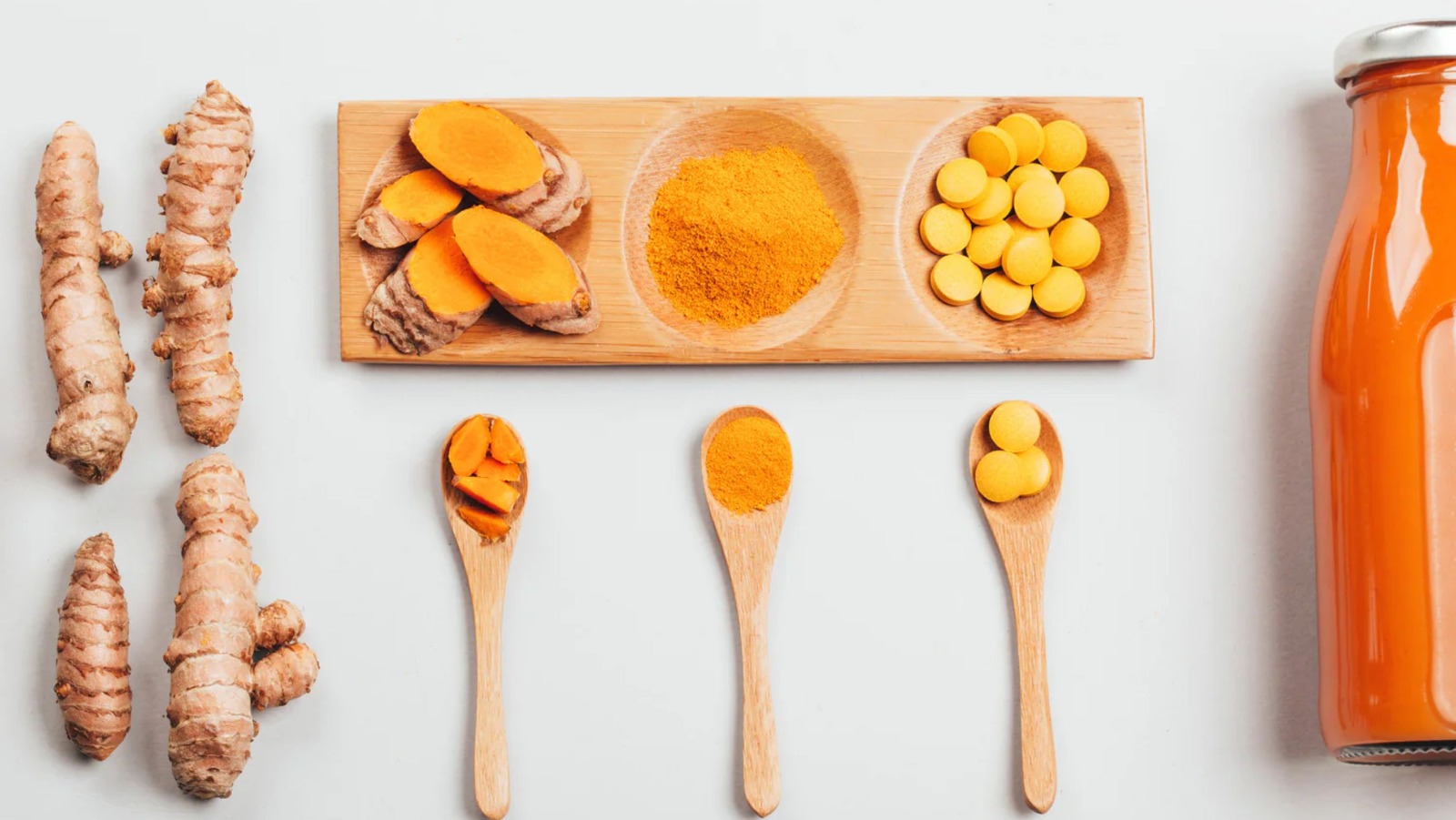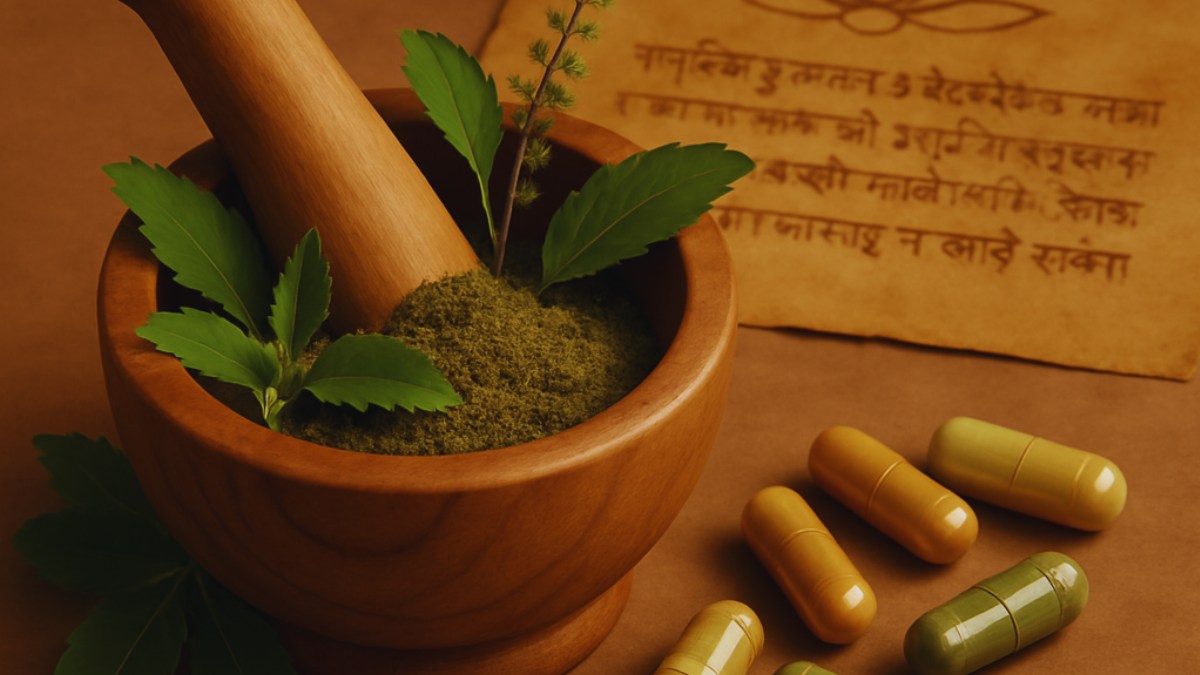While experiencing acute stress our body automatically diverts resources and makes glucose and energy available, while diverting energy away from nonessential functions of digestion and repair. Acute stress is the type of stress that we are more evolved to experience, as we are made to escape the threat in the moment so we can rest, digest and rebuild the following day.

There is another type of stress that is more prolonged and unmanageable called chronic stress, which we know is a contributor to poor health. When the body encounters a stress, the hypothalamus-pituitary-axis (HPA) is activated and releases cortisol. But first it produces corticotrophin-releasing hormone (CRH) from the hypothalamus, which then stimulates the release of adrenocorticotrophic hormone (ACTH) by binding with corticotrophin-releasing hormone receptor 1 (CRF1) from the anterior pituitary gland. In other words, the HPA-axis is a complicated metabolic cascade that requires many functioning parts.

Cortisol, which has been dubbed “the stress hormone” plays an essential role for health in the body, but when it is chronically released it can lead to imbalance. The body experiences stress from both internal (body) stressors, and also external emotional or cognitive stressors. Even healthy people who are experiencing occasional stress can experience common effects of stress from time to time, such as occasional muscle tension and fatigue.
Fig. 1 Common Effects of Stress
| Body | Mood | Behavior |
| Headache | Anxiety | Over- or Undereating |
| Muscle tension | Restlessness | Angry outbursts |
| Chest pain | Lack motivation/focus | Drug/Alcohol Abuse |
| Fatigue | Feeling overwhelmed | Tobacco Use |
| Change in sex drive | Irritability/Anger | Social Withdrawal |
| Stomach upset | Sadness/Depression | Exercising less often |
| Seep problems |
Source: https://www.mayoclinic.org/healthy-lifestyle/stress-management/in-depth/stress-symptoms/art-20050987
…Enter Adaptogenic Herbs
In 1947, the term “adaptogen” was first coined by Russian scientist Israel Brekhman, who outlined the following criteria of how to classify herbs as adaptogens. They:
- Increase the body’s ability to cope with internal and external stresses.
- Exhibit stimulating effects after both single-time use and prolonged use, leading to increased working capacity and mental performance under stressful and fatigue-inducing conditions.
- Normalize the functions of the body.
- Are entirely safe and have no negative side effects.1
In a nutshell, adaptogenic herbs are botanicals that help the body and/or mind adapt to stress.
It turns out that most of the world’s traditional medicine systems have adaptogens that play an important role in supporting wellness. The most famous of the adaptogens is ginseng (Panax ginseng), which has been shown to play a normalizing role on the HPA axis by…
Although we don’t fully understand the exact mechanism of all adaptogens, this example of adaptogens exhibiting a modulating influence on the HPA axis has been demonstrated repeatedly. For example, Ashwagandha (Withania somnifera) has been found to lower cortisol levels, Ashwagandha and Ginsing have both been found to have a buffering effect on the HPA axis, and Reishi mushroom has been found to support adrenal gland function.
Holy Basil has also been studied in both preclinical and human clinical studies, and found to be supportive in people experiencing occasional stress. Specifically, it has been found to inhibit cortisol release and have an antagonistic effect on CRF1 receptors, which could lead to a modulating effect on the HPA axis. It has also been found to support metabolic stress, cardiovascular health, cognition, liver health, antixoidant and have an immunomodulatory effect.
The Herb with its Own Day of Celebration!
In India, this herb is considered so special that a day where it is decorated for worship has been designated for its reverence and celebration. Holy Basil, aka. Tulsi (Ocimum tenuiflorum, syn. O. sanctum) is one of the highly revered Ayurvedic herbs, which is also known as an adaptogen. In Ayurveda it is also traditionally classified as a “rasayana”, which is an herb that brings long life and health.
In cuisine, mainly in India and Southeast Asia, Holy Basil is enjoyed for its unique flavor, as well as its ‘food as medicine’ benefits. It is enjoyed raw or cooked, and added to dishes such as salads, stir fries, curries, or made into a tea.

In India, it is so revered that meditation or prayer beads called “Tulsi Mala” are made from it, to be used in either in religious prayer or simply as a beautiful wearable reminder of peace and calm.

In India the Holy Basil celebration occurs annually on the 11th bright day of the month of Karttika in the lunar calendar and continues for five days concluding on the full moon which falls in mid-October. This celebration is called ‘Tulsi Vivaha’, and it kicks off the annual marriage season in India.
Ayurveda
In Ayurveda Tulsi is used to reduce Kapha, as well as to be mildly calming to Pitta and Vata. Tulsi is consumed widely to promote health and wellness, but also to enhance meditation. Tulsi is traditionally used for its immunomodulating actions, such as for respiratory health and strengthening the body, calming actions, and for supporting blood sugar and metabolic health.
Meditation
As Tulsi is traditionally used in spirituality in India, it is used to increase piety and meditation, as well as to protect and purify, and for this reason it is very common to find it grown as a spiritual aid not only in temples but in a revered location outside people’s homes. When people are in the dying process, Tulsi is also given in water to help the ascendence and sooth the transition of the soul.

In modern day and global uses, it is no coincidence this herb which has such a revered position in Indian culture and spirituality has now been confirmed as an adaptogen, and to have exhibited antistress properties in preclinical and clinical studies.
Tulsi Mala at Supplyside West
We will be exhibiting at Supplyside West in Las Vegas, NV, which runs October 23-27, 2023. We invite you to drop by our Booth #2245 to pick up your own Tulsi Mala. A Tulsi Mala is a string of meditation beads made from the sacred Tulsi (Holy Basil; Ocimum tenuiflorum).
“Elevate Your Day With a Tulsi Mala: Peace of Mind and Beauty in Every Bead”







